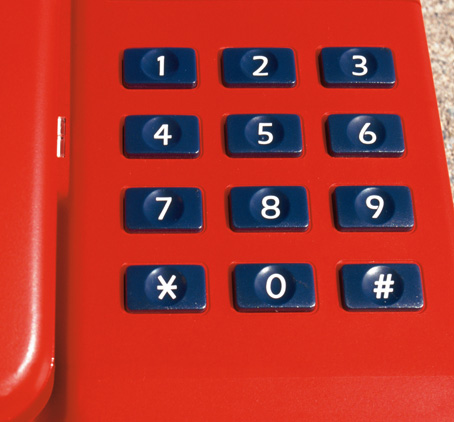People have lost thousands of pounds to a convincing scam where the perpetrators phone up pretending to be tech support from a reputable firm such as Microsoft or BT, says the consumer advice and campaign group Which?.
The fraudsters attempt to persuade victims to install remote access software – as used by many legitimate IT workers – that allows them to steal money and personal details. Which? is calling for banks to refund more customers who fall victim to this scam, having heard of a number of cases where people have been denied reimbursement due to banks claiming that they either authorised the payments or had been grossly negligent.
Which? has heard from someone who lost £80,000 having been scammed by someone pretending to be a BT engineer. Initially, the fraudster claimed to be ensuring her internet connection was working, before claiming they had found a number of security alerts on her account. The caller convinced her to download TeamViewer to check that accounts, including Amazon, were not compromised. Awareness of this tech scam among consumers appears to be low, says Which? The consumer rights campaigner is calling on banks to acknowledge the sophistication of many computer takeover scams and to reimburse blameless customers who have fallen victim to this type of fraud.
Jenny Ross, Which? Money Editor, said: “Millions of pounds are lost to computer takeover scams every year, with potentially devastating consequences for victims who lose life-changing sums of money to these callous fraudsters. Which? is calling on banks to reimburse all blameless customers who fall victim to these scams and for the government to introduce legislation to ensure a new statutory code of practice can be created, which would include clear standards and protections for victims.
“Anyone who receives unsolicited calls claiming to be from tech support or broadband engineers and asking for personal details or to install computer software should hang up and phone their provider back using the legitimate phone number.”
What is a computer takeover or remote access scam?
Remote access software enables you to use one device to access another from any location by downloading a smartphone app or installing a program on your computer, then entering a password that will connect one device to another. Although many legitimate businesses use this technology, including Which?’s tech support team, criminals also use it.
What to do if you think you’ve given remote access to a scammer:
Switch off both the device and your wi-fi connectivity.
Speak to your banks as a matter of urgency.
Remove the relevant app from your list of recent downloads or installed programs, check for other programs that may have been installed remotely.
Change your email and online banking passwords and, where possible, enable two-factor authentication.
If you have security software, ensure it has all new and recent updates – then run a full security scan.
If you think you’ve been a victim of fraud, report it to Action Fraud online at actionfraud.police.uk or by calling 0300 123 2040.










